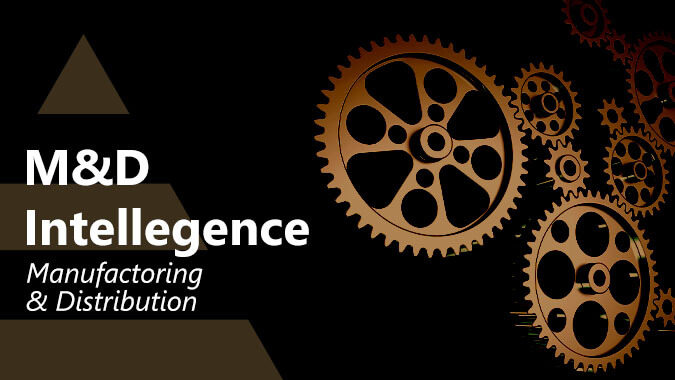
Families First Coronavirus Response Act
- Published
- Mar 24, 2020
- Topics
- Share
As the government works on economic stimulus measures in light of the coronavirus outbreak, EisnerAmper business consultant Tim Schuster gives a high-level overview of the “Families First Coronavirus Response Act” and what it means for both employers and employees.
Transcript
Dave Plaskow:Hello and welcome to The Bottom Line. This podcast examines the everyday business and finance issues faced by closely held and private businesses. We hope to provide you with news you can use and what we like to think of as a jargon free zone. I'm your host, Dave Plaskow, and with us is Tim Schuster, a senior manager in EisnerAmper's Private Business Services Group. Today we'll discuss with Tim the recently passed Families First Coronavirus Response Act. Tim, hello.
Tim Schuster:Hey, Dave. Nice seeing you.
DP:So a lot going on in the world right now obviously, and government is doing what they can to help Americans and businesses alike. So give us a high level view of what the Families First Coronavirus Response Act entails.
TS:Absolutely, first and foremost, the safety of people is absolutely critical during this time. This is the first phase of bills and there'll be more to come. High level, the bill expands on the Family and Medical Leave Act, which most people refer to it as FMLA. It also covers testing or coverage of testing for Coronavirus, and lastly, it extends the tax payment deadline. Now, most recently, there has been new guidance released extending the filing deadline to match the payment deadline of July 15th. As a note, this is only for Federal returns, at this time. We are waiting for additional guidance from the states.
DP:Yes, that's a big one. Yeah, let's talk a little bit more on qualifying for coverage. What does it cover?
TS:Sure, absolutely. Companies with up to 500 employees, the 50 person minimum with FMLA was completely eliminated and self-employed people can see benefits as well too, which is a nice change.
DP:Okay, now you and I were chatting earlier about the six qualifying factors. Let our listeners know what they are.
TS:Absolutely, these are critical and all revolve around COVID-19. So things that come to mind are subject to federal, state or local quarantine or isolation, has been advised by a healthcare provider to self-quarantine, experiencing symptoms and seeking medical diagnosis, caring for someone who subject to quarantine order or has been advised to self-quarantine due to health concerns, caring for a child if the child's school or a facility has been closed or the provider is unavailable, and lastly, if you're experiencing any other substantial similar conditions specified by the Health and Human Services Group.
DP:Okay, now how does this act benefit employees?
TS:Absolutely, so employees who are on sick leave can receive their full pay up to $511 per day or $5,110 total. If a school or daycare has closed, you can possibly qualify to be paid at two thirds regular rate with a maximum of $200 per day up to $10,000 total, and employers cannot force you to use up your vacation or other sick time before receiving these benefits. Now there's a catch. There is a 10 day waiting period before this benefit applies, but employees can use existing sick or vacation time to cover this gap.
DP:Okay, and so benefits for employers.
TS:Employers can receive tax credits for 100% of what they pay out to employees with some of the limits that I mentioned before. If you have 50 or fewer employees, the Secretary of Labor can exempt the business from those requirements and if you have fewer than 25 employees, you're not obligated to give the employee their position back. And before wrapping up this podcast, I'd like to add some final words. Please take time to check in on family, friends, and loved ones during this time of dynamic change. A call or a text message can really go a long way. And I want to thank the medical professionals who are on the front line.
DP:Well said, Tim, and thanks for your time and insight.
TS:My pleasure.
DP:And thank you for listening to The Bottom Line as part of the EisnerAmper Podcast series. Visit eisneramper.com for more information on this and a host of other topics and join us for our next EisnerAmper Podcast where we get down to business.
Also Available On
What's on Your Mind?
Start a conversation with the team
Receive the latest business insights, analysis, and perspectives from EisnerAmper professionals.













